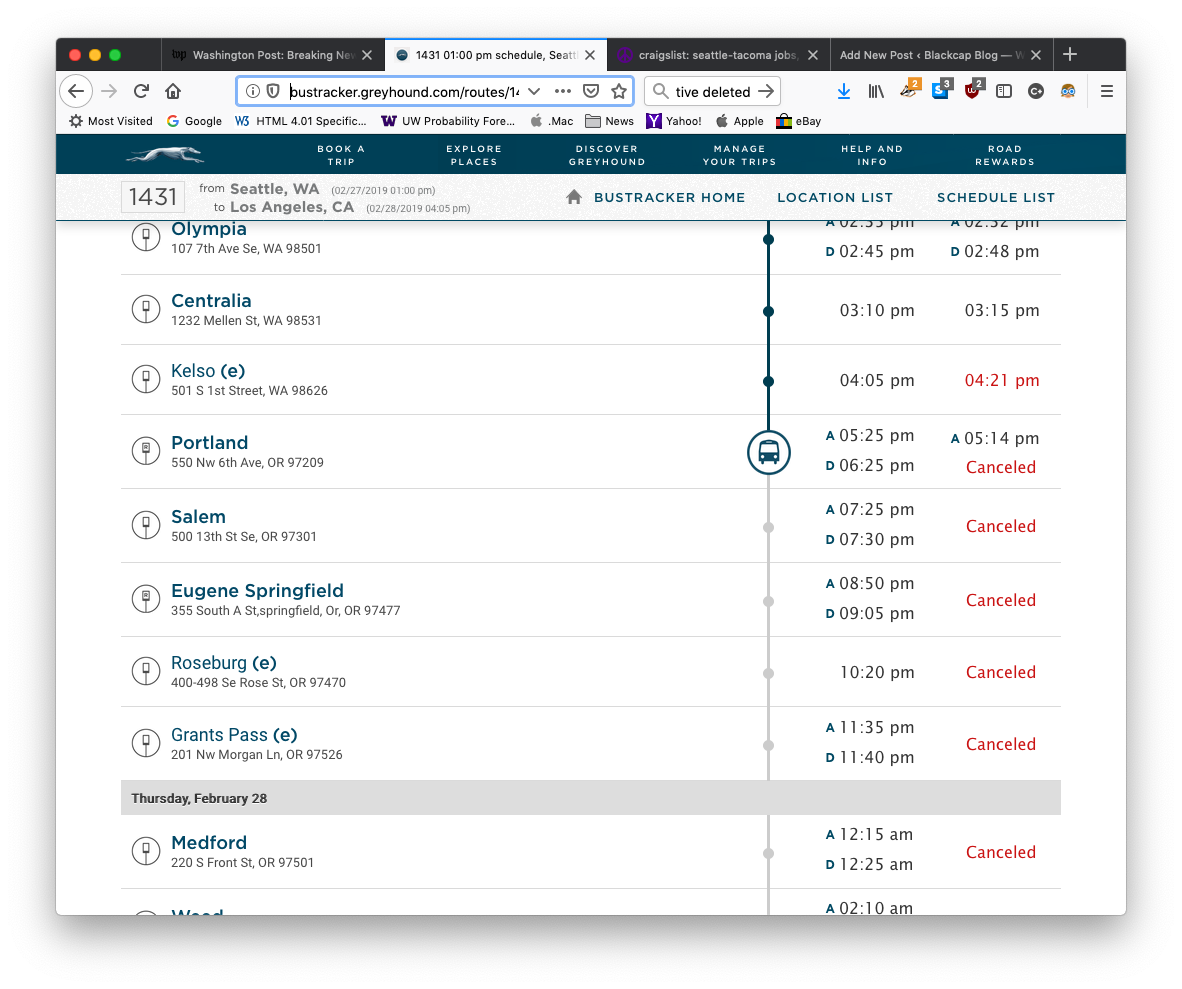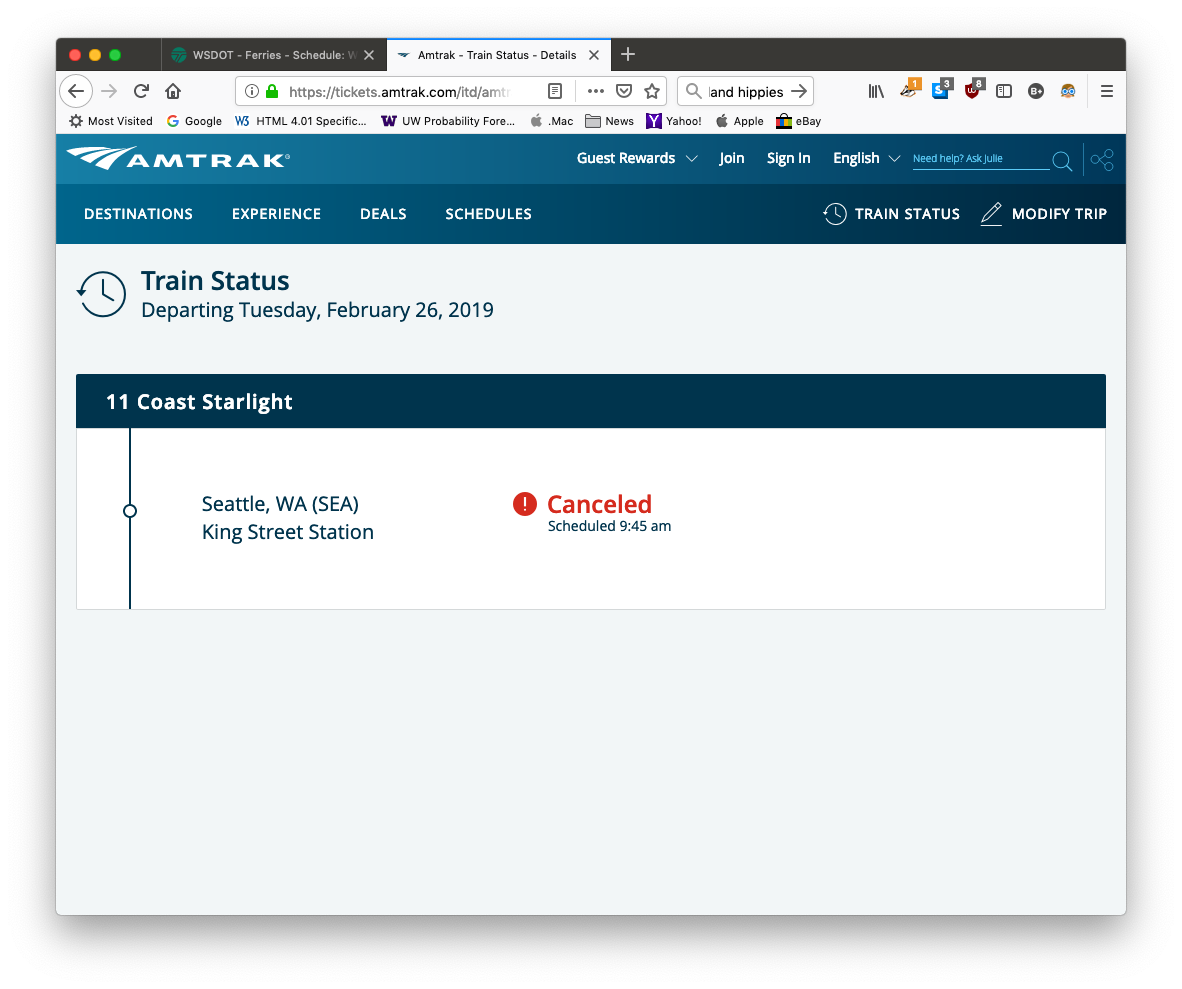Published at 12:11 on 24 February 2020
When the Fukushima Daiichi reactors melted down, I could tell something really bad was was happening, despite the general lack of news stories that something really bad was in fact happening. (The news coming out was designed to give the impression that it was serious, but not Chernobyl-serious.)
Why? Because of how the news cycle happened. Normally, in the case of a potentially serious nuclear accident, one would expect the number of stories about it, and the details given in those stories, to rapidly increase. That didn’t happen with the Fukushima Daiichi disaster. Instead, the stories only slowly trickled out, and often were not even on the front page.
Furthermore, facts were appearing in those non-front-page stories that were extremely disquieting to anyone with a basic knowledge of nuclear reactor design and operation.
The big one was when they started reporting that sea water was being used to cool the reactors. Nuclear reactors are precision equipment, operated with meticulous care to ensure outside contamination doesn’t promote unexpected corrosion or intoduce dirt that might hamper their operation. Reactor cooling water is highly purified and closely monitored for contaminants. Yet they were now pumping raw sea water into the reactors “to cool them.”
Sea water is extremely corrosive stuff. A significant part of the civil engineering is coping with how corrosive salt water is to structures. And yet they were pumping this corrosive stuff into a nuclear reactor of all places? The only way that would make sense is as a last-ditch desparate measure.
Moreover, modern nuclear reactors are closed systems: the primary cooling water is simply recycled over and over, pumping it through microfilters to keep it as clean as possible. As such, it is unusual and abnormal to have to add water to them, because this normally means that water is somehow leaking out. A leak of primary cooling water means a leak of radioactivity, since the primary cooling water is in contact with the reactor core and therefore itself becomes radioactive.
Put it all together and it meant that the reactors were leaking massive amounts of radioactivity and were on the verge of or starting to melt down, and its operators were frantically taking last-ditch desperate measures. That was the only conceivable narrative that made sense of all known facts.
Then reports started filtering in (not prominently featured reports, of course, but still reports from reliable and trusted news sources) of privately-run radiation monitors showing elevated levels. More than one monitor was showing elevated levels, which points to a distant major leak of radiation, not a nearby minor one. Obviously, at least one reactor had fully melted down, and was now spewing radiation like mad into the environment. Fukushima was, in other words, another Chernobyl.
At that stage, I tried pointing that out to people, and almost universally got the reaction that I was being a baseless alarmist. When all was said and done, the IAEA gave the catastrophe a rating of 7 on a scale of 1 to 7. The only other nuclear catastrophe to rate a 7 so far has been, yes, Chernobyl.
The overall moral of it all is that news agencies do sometimes act in concert, downplaying the seriousness of a story. Most likely, this is done out of a sense of responsibility on such agencies to avoid instilling mass panic.
The reporting about coronavirus reminds me of nothing if not the reporting about Fukushima Daiichi. Again, we have a story about something of extremely serious concern. Again, the reports haven’t been dominating the front pages as much might be expected: if coronavirus becomes a pandemic, it will by all best evidence be Spanish Flu v2.0, given that the best evidence indicates coronavirus is approximately as lethal as the Spanish Flu was. That’s a really big story. Yet it only sometimes comes up on the front pages; stories about the primary election dominate here in the USA.
Let’s review some of the basics about coronavirus, shall we?
- Known: It emerged in China.
- Known: The Chinese government admits that over 77,000 have been infected in that country.
- Known: China is a totalitarian dictatorship.
- Known: Totalitarian dictatorships tend to cover up or downplay news stories that make their countries look bad.
- Known: Coronavirus has a long incubation period, which has generally suspected to be up to 14 days.
- Known: During that incubation period, a person is contagious, and doesn’t even know it.
- Conclusion: Therefore there are likely far more than 77,000 Chinese infected right now, most of whom are running around infecting others, because they don’t even know they are sick.
- Known: Quarantines have been based on that 14-day incubation period.
- Known: Evidence is now emerging that the incubation period might be longer than 14 days.
- Conclusion: There is therefore a good chance that the quarantines will prove to be ineffective, and that coronavirus is already spreading uncontrolled in most of the world (we just don’t know it yet, due to the long incubation period).
- Known: Coronavirus has been reported in Lebanon, Iran, and Iraq.
- Known: Syria lies between Lebanon, Iran, and Iraq.
- Known: Syria is currently a war zone.
- Known: It is difficult to know or control what happens in a war zone.
- Conclusion: Therefore coronavirus is or soon will be in Syria.
- Known: Coronavirus has also been reported from Afghanistan.
- Known: Afghanistan is also a war zone.
- Conclusion: By virtue of being present in a not one but two war zones, coronavirus is now spreading absolutely uncontrolled.
All of the facts tagged as known above have been reported by well-regarded news sources. The only thing I am doing here is assembling them in one place, in a logical order, and arriving at some inescapable conclusions.
As mentioned before, the closest analogue to coronavirus is the 1918 Spanish Flu pandemic, which spread worldwide and killed between 40 and 100 million people, or between 2.2 and 5.5 percent of the global population. If it happened today, that would be a death toll of 170 to 430 million. That is the most likely eventual outcome of coronavirus that can be predicted using the best available current knowledge.
When (not if, when) coronavirus becomes widespread in whatever country you live in, expect the same sort of severely disruptive total lockdowns of entire cities and regions now going on in China. Expect shortages and disruptions of food and common household goods. The time to start stocking up and preparing for this is now.


